Video referees may not be the answer to football's problems
Aaron Ramsey adds to calls for video technology after disallowed Arsenal goal, but would it have helped?
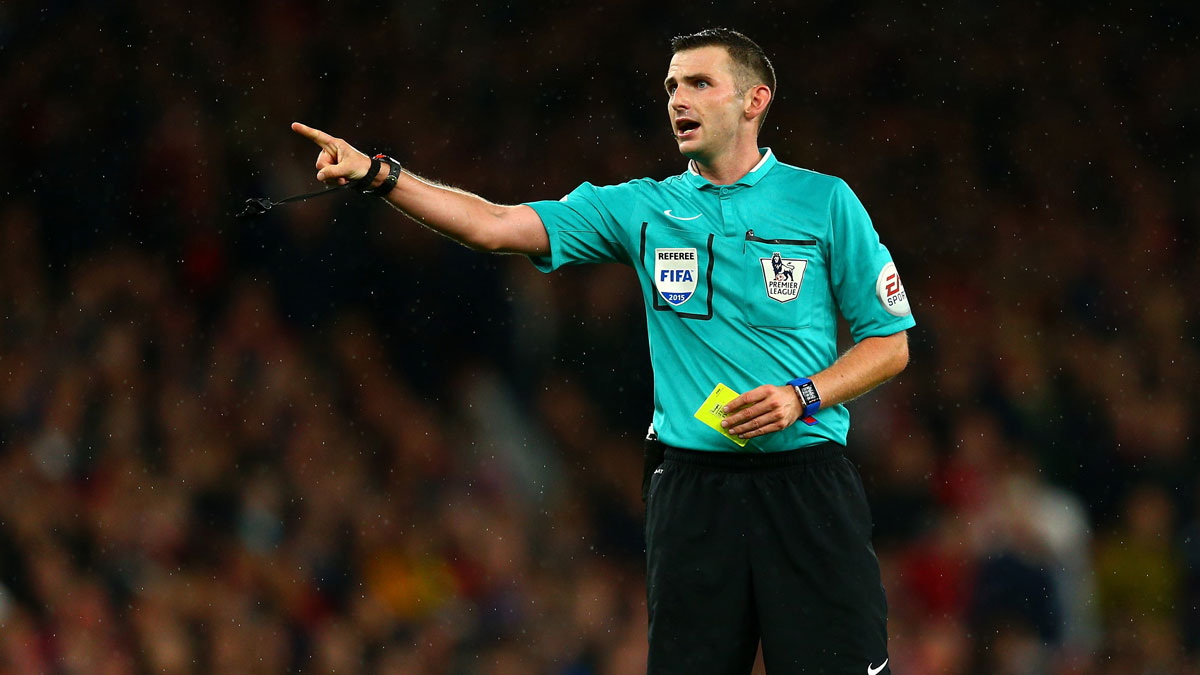
A free daily email with the biggest news stories of the day – and the best features from TheWeek.com
You are now subscribed
Your newsletter sign-up was successful
The Premier League season is just three weeks old, but it is already ticking all the boxes. After Jose Mourinho's tantrums and poor starts to the season for Chelsea and Arsenal, comes the first row over video technology, courtesy of Aaron Ramsey.
The Arsenal midfielder had a goal incorrectly ruled out for offside against Liverpool on Monday, and after the match called for football to take a leaf out of rugby's book.
"At the end of the day we should have been 1-0 up," he said. "To look at a video for 20 seconds would have maybe changed the outcome of the game."
The Week
Escape your echo chamber. Get the facts behind the news, plus analysis from multiple perspectives.

Sign up for The Week's Free Newsletters
From our morning news briefing to a weekly Good News Newsletter, get the best of The Week delivered directly to your inbox.
From our morning news briefing to a weekly Good News Newsletter, get the best of The Week delivered directly to your inbox.
The Arsenal manager Arsene Wenger is already a fan of video referees, but earlier this year Fifa pulled the plug on a Dutch scheme involving a video official in the stadium watching replays and advising the referee on key decisions via a headset, reports the BBC.
Some regard Fifa's decision as typically shortsighted, while others question whether video referees would really put an end of controversial decisions?
"Video assistance can help football and it is scandalous that proper testing has been blocked by Fifa, but the Ramsey decision, indeed, offside calls in general, are a difficult area which show that no system is a panacea," says Matt Dickinson of The Times.
"It will quickly become an anarchic road if referees and linesmen start ducking decisions in the belief that the worst mistakes can always be rectified by the man in the stands."
A free daily email with the biggest news stories of the day – and the best features from TheWeek.com
He draws a comparison with cricket, where umpires rarely call front-foot no-balls, safe in the knowledge that if a wicket falls the legality of the delivery will be checked by the TV official.
Of course, that means a bowler does not know he is overstepping the mark so will not adjust his run until it is too late. And there would be other side-effects in football.
"A goal that has been wrongly permitted is easy to correct; rectifying a wrongly rejected goal such as Arsenal's not necessarily so straightforward," says Dickinson. The play would not have unfolded as it did had the defenders not glimpsed a flag.
"We must ask, too, if the system will affect the decisiveness of officials? If so, could it even change the nature of the game, and teams' tactics?"
Fifa general secretary Jerome Valke may have had a point when he said of video referees: "It's a question of making the biggest decision ever in the way football is played."
-
 Corruption: The spy sheikh and the president
Corruption: The spy sheikh and the presidentFeature Trump is at the center of another scandal
-
 Putin’s shadow war
Putin’s shadow warFeature The Kremlin is waging a campaign of sabotage and subversion against Ukraine’s allies in the West
-
 Media: Why did Bezos gut ‘The Washington Post’?
Media: Why did Bezos gut ‘The Washington Post’?Feature Possibilities include to curry favor with Trump or to try to end financial losses
-
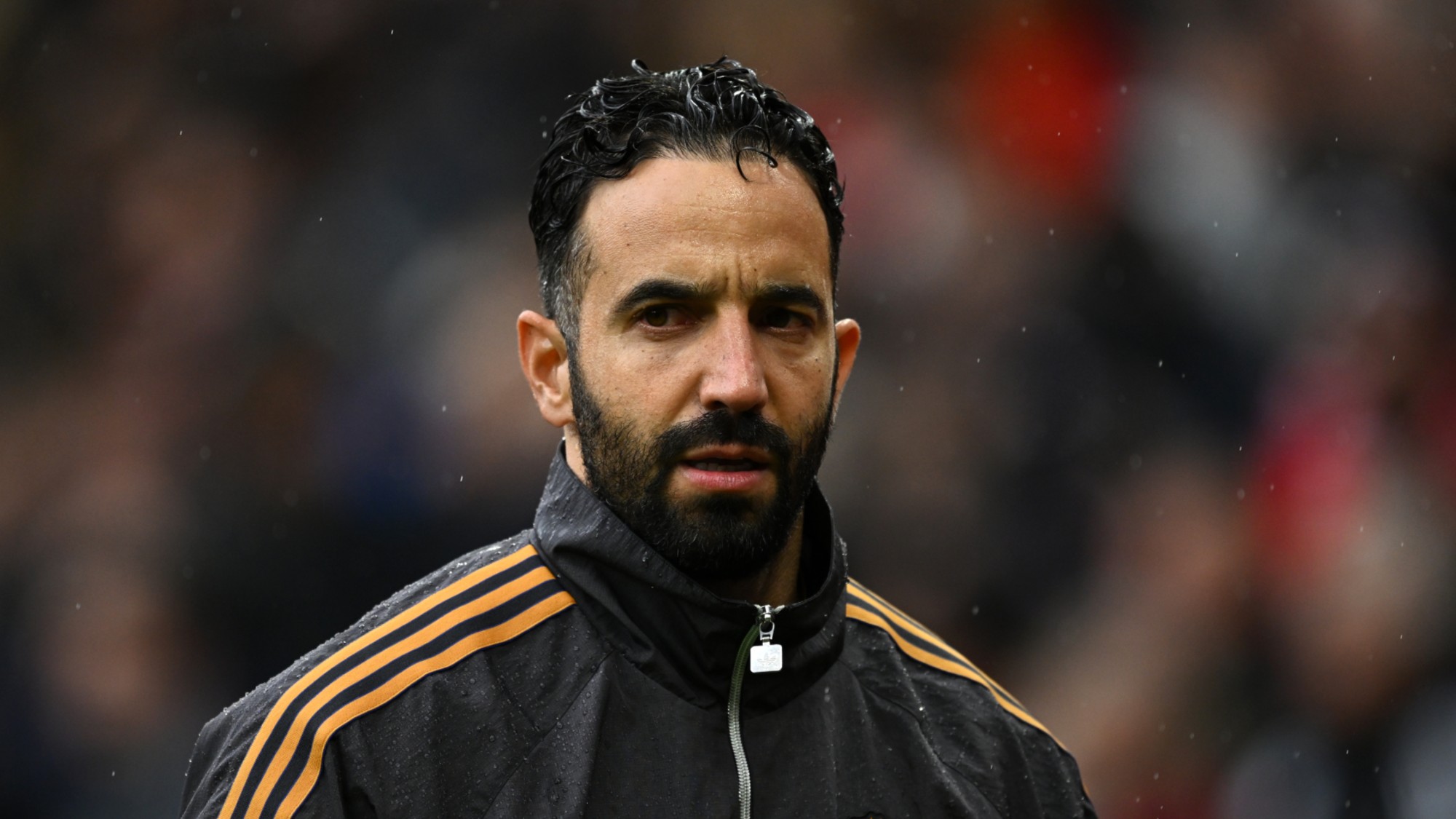 Amorim follows Maresca out of Premier League after ‘awful’ season
Amorim follows Maresca out of Premier League after ‘awful’ seasonIn the Spotlight Manchester United head coach sacked after dismal results and outburst against leadership, echoing comments by Chelsea boss when he quit last week
-
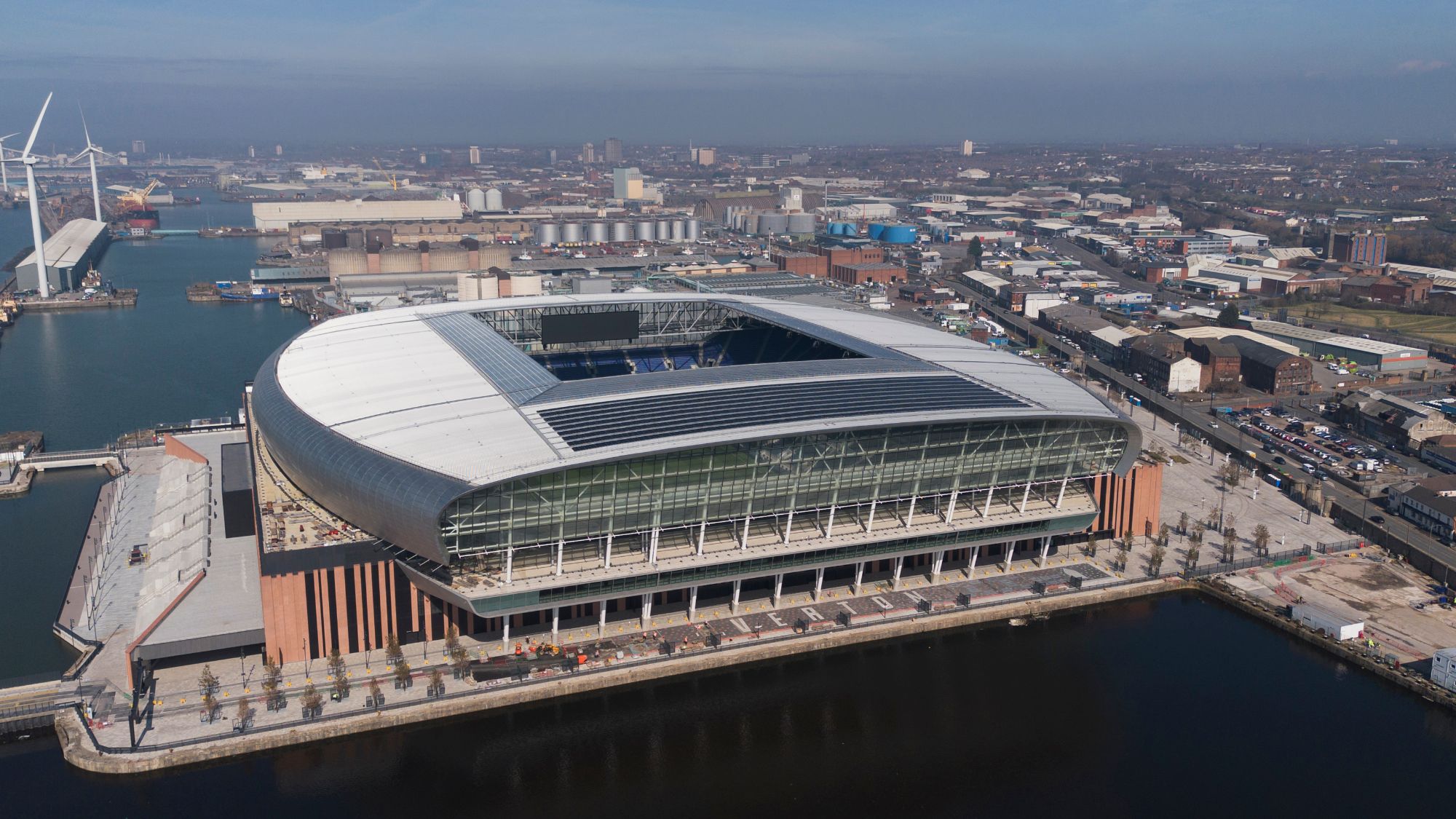 How do new stadiums affect football clubs?
How do new stadiums affect football clubs?In the Spotlight Everton's decision to move its men's team out of Goodison Park could be a catalyst for vital change, but there are cautionary tales too
-
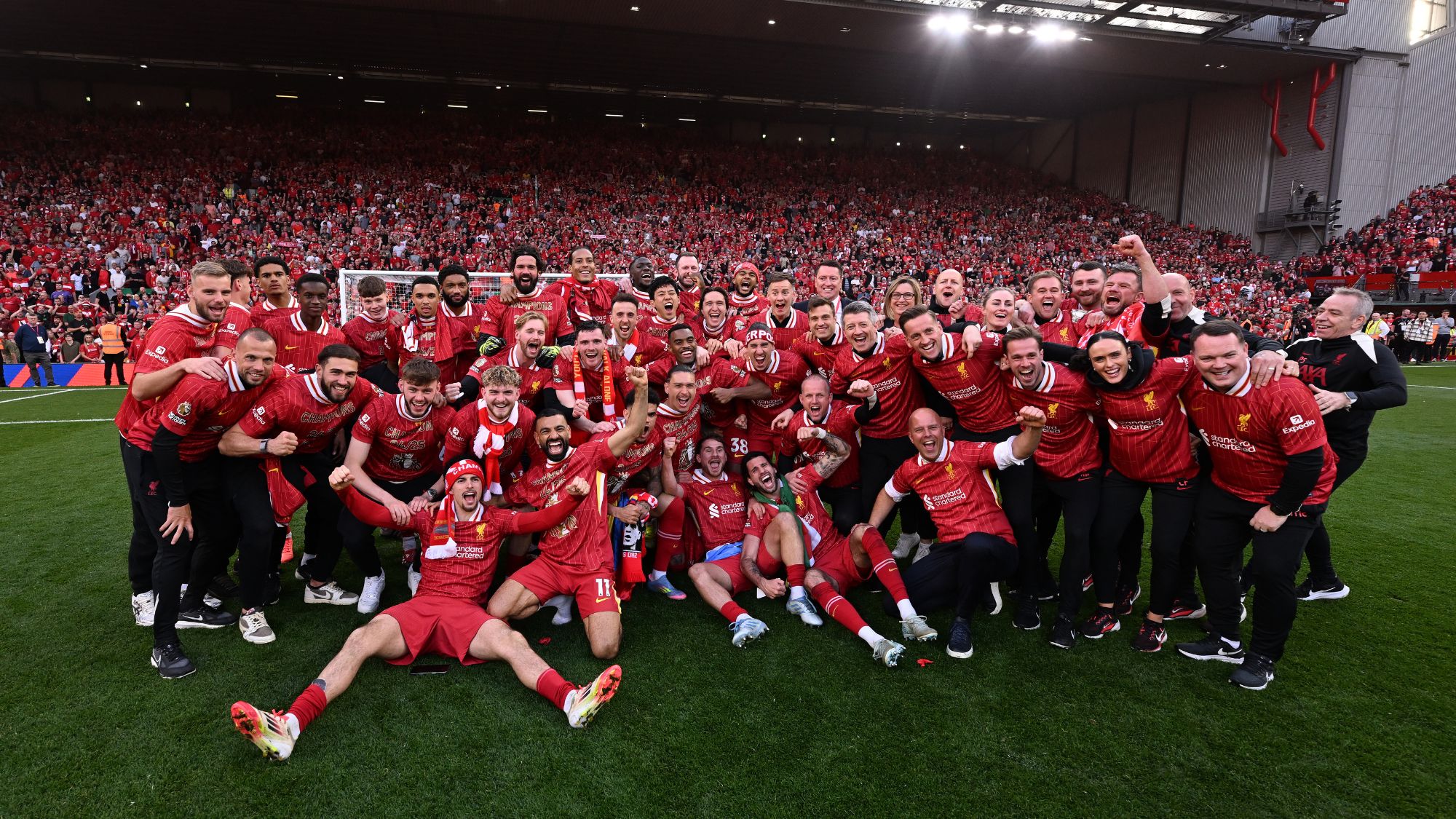 Liverpool's Anfield redemption: how did they do it?
Liverpool's Anfield redemption: how did they do it?Talking Point Arne Slot's blueprint and standout player performances guide the Reds to record 20th league title
-
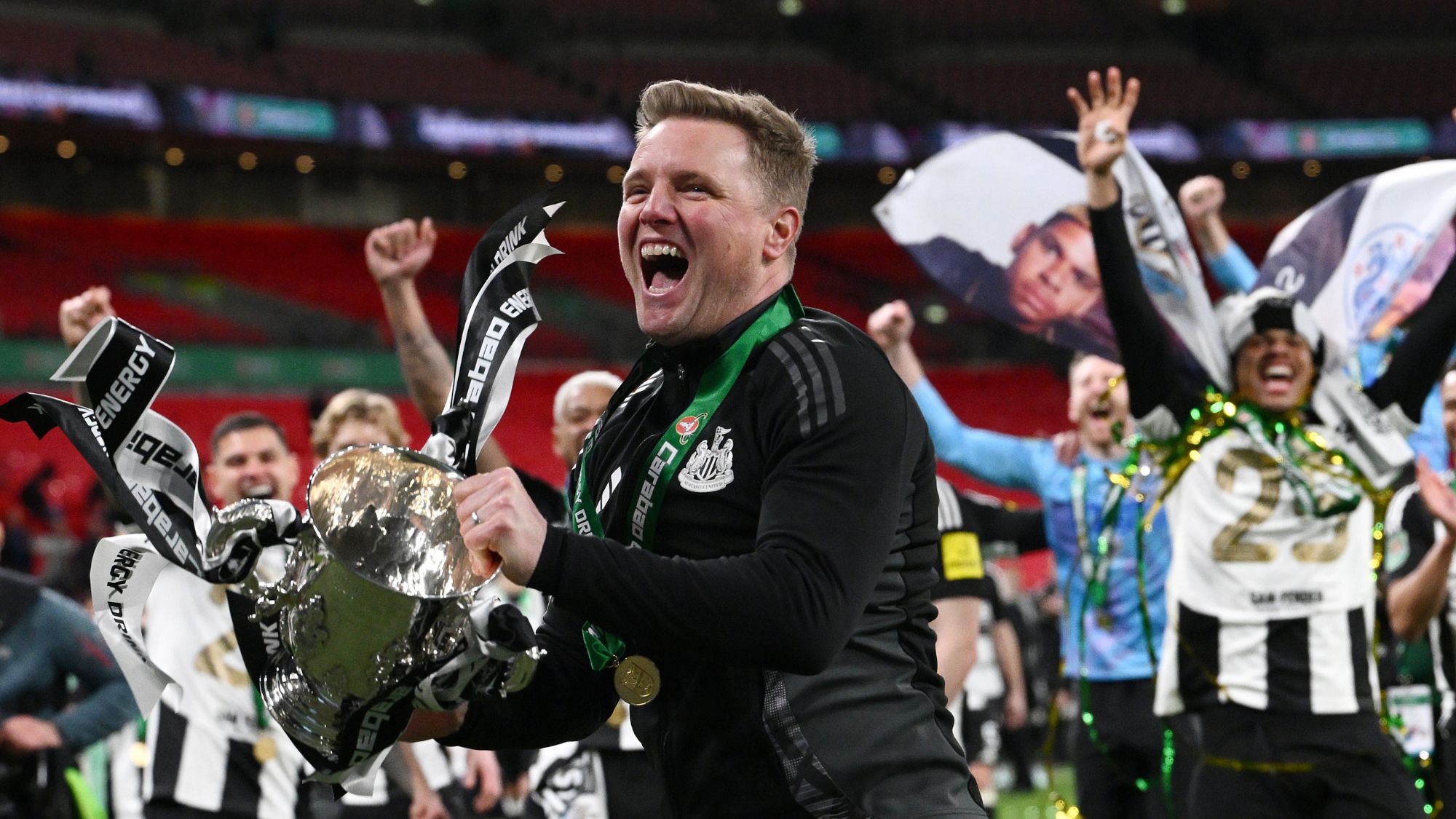 Where are all the English football managers?
Where are all the English football managers?Talking Point Eddie Howe's Carabao Cup success underlines absence of homegrown coaching talent in the Premier League
-
 New Trafford: can it fix Manchester United's footballing problems?
New Trafford: can it fix Manchester United's footballing problems?Talking Point Plan for £2 billion stadium despite staff job losses and lack of success on the pitch
-
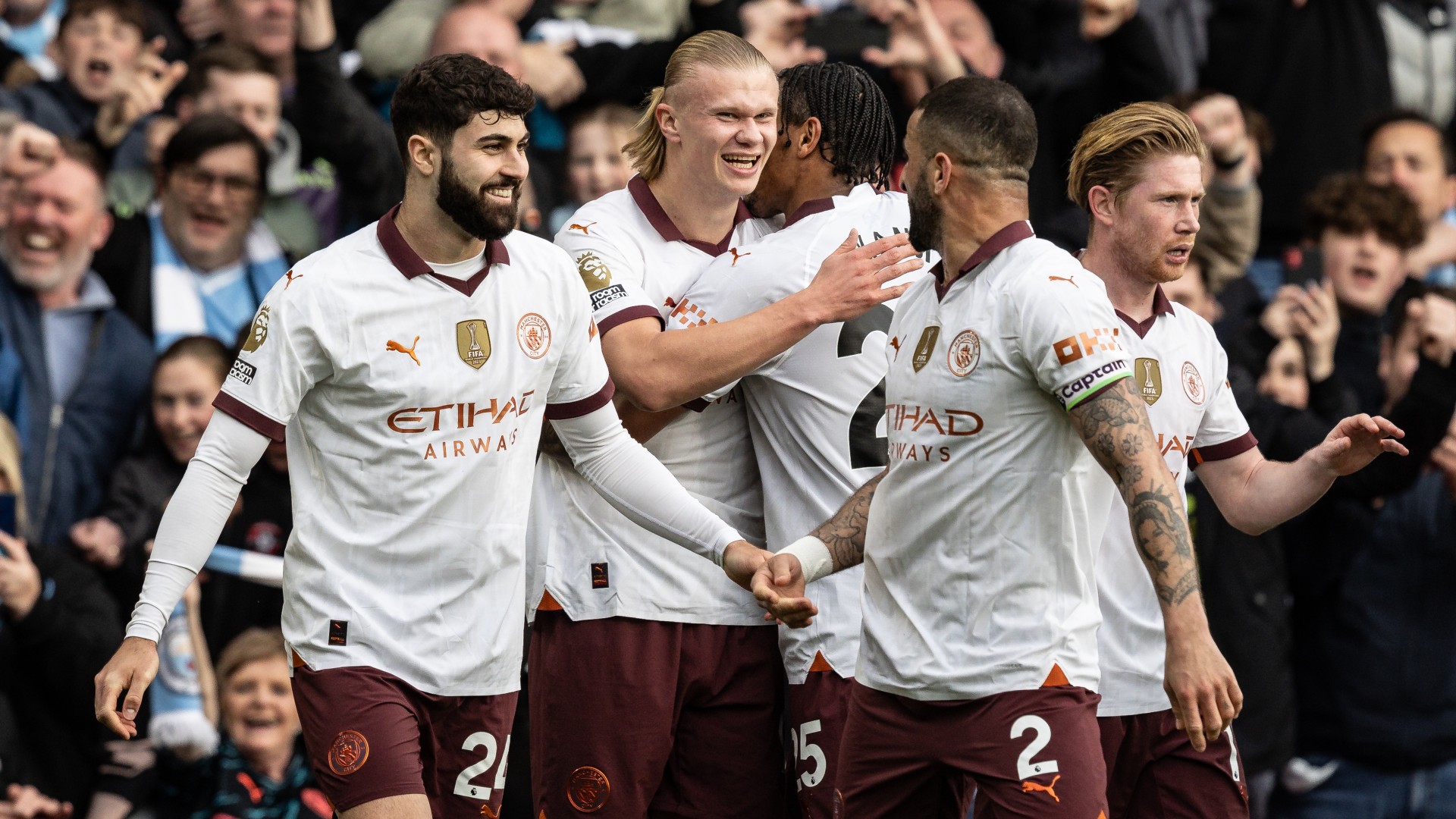 The Premier League's spending cap: levelling the playing field?
The Premier League's spending cap: levelling the playing field?Talking Point Top clubs oppose plans to link spending to income of lowest-earning club, but rule could prevent success gap from widening
-
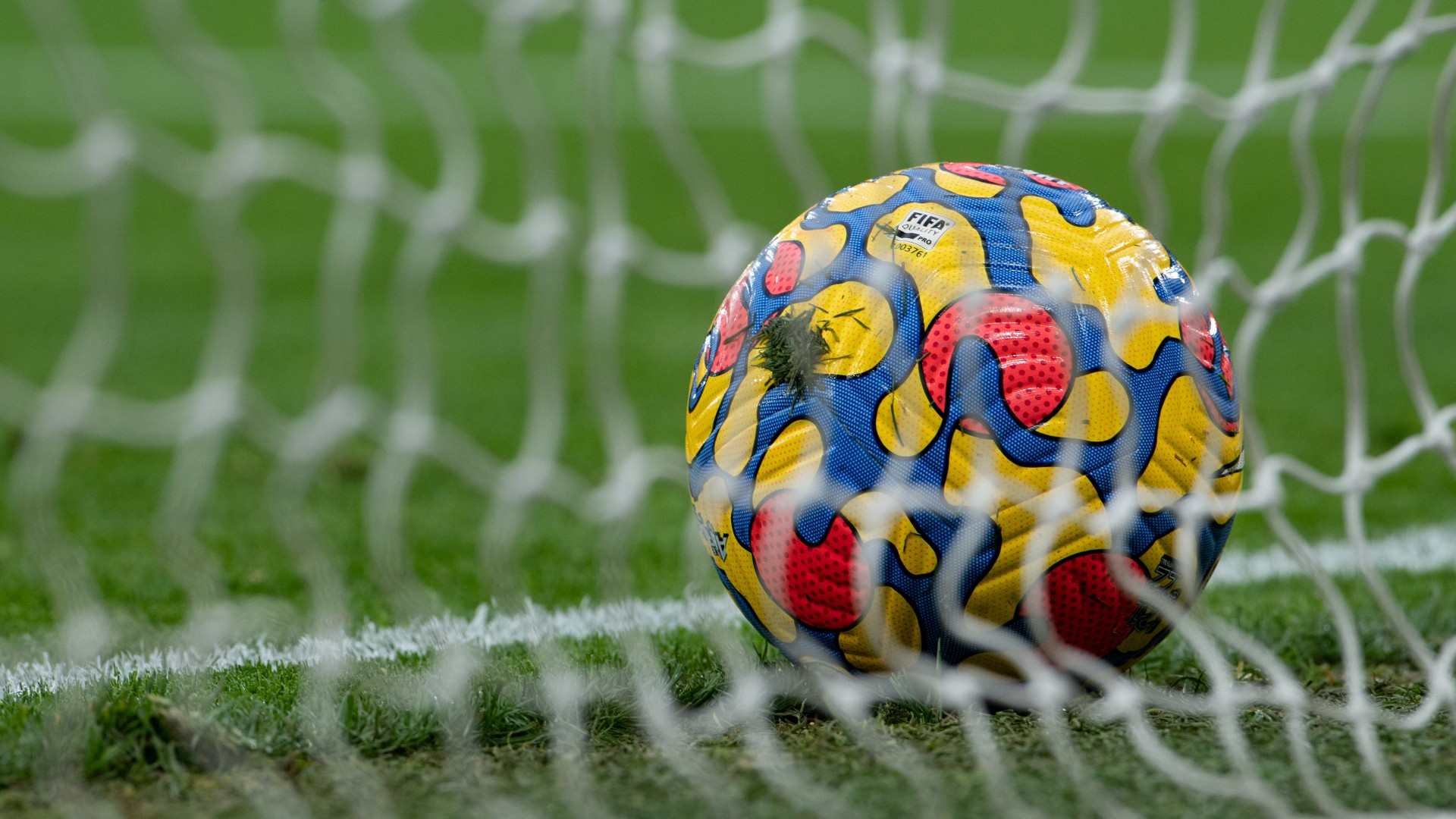 Is a new English football regulator an own goal for the game?
Is a new English football regulator an own goal for the game?Talking Point PM hails 'historic moment for football fans' but West Ham owner warns it could 'ruin' Premier League
-
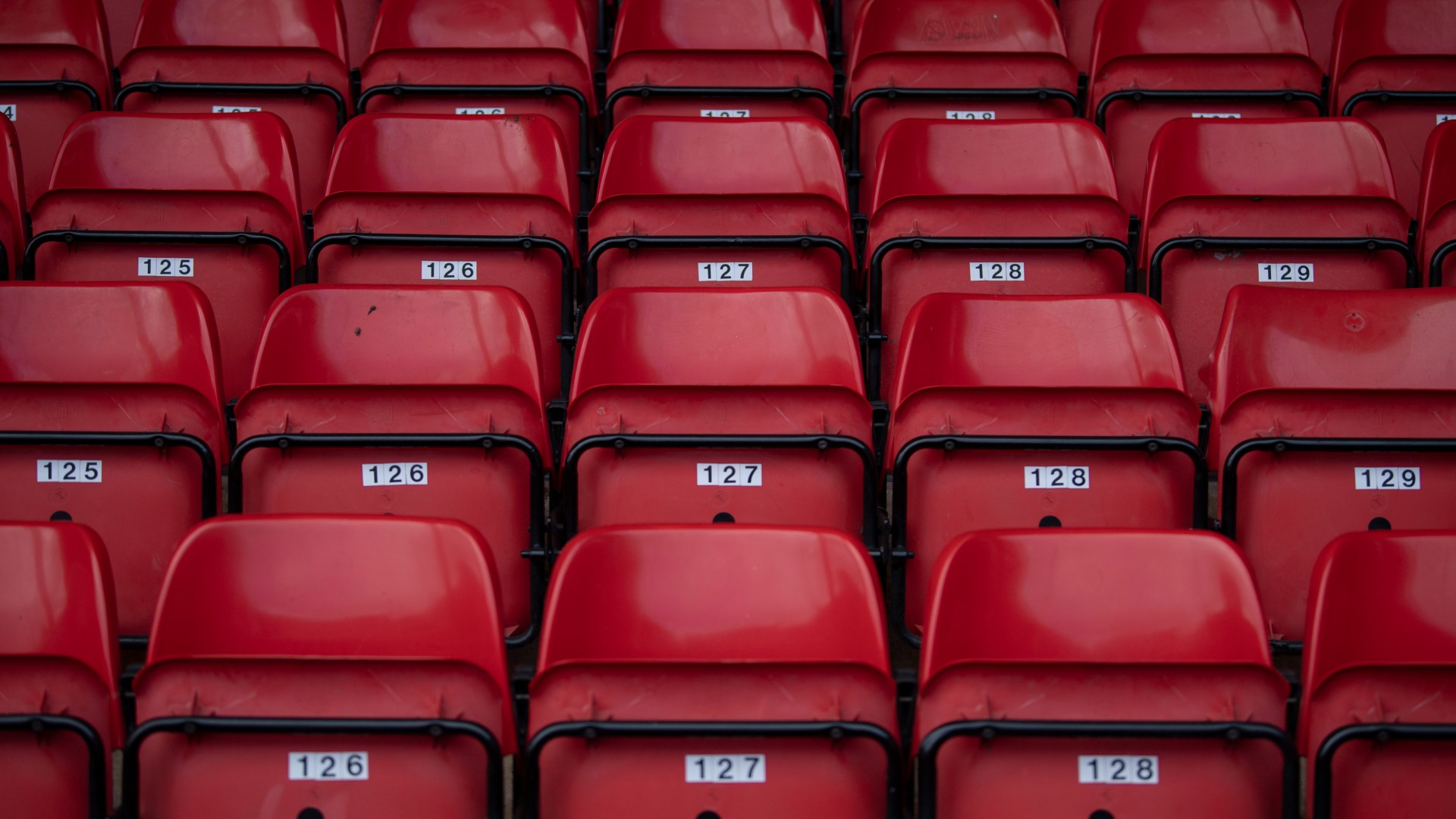 English football and the etiquette of leaving the stadium early
English football and the etiquette of leaving the stadium earlyTalking Point The belief that 'true fans stay to the end' does not always apply